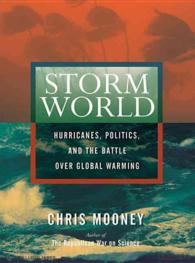- ホーム
- > 洋書
- > 英文書
- > Philosophy
Full Description
Systematically addresses the philosophical implications of the postcolonial.
In this book, Emanuela Fornari systematically examines the philosophical implications of postcolonial studies. She considers postcolonial critique not as a school or a current of thought but rather as a multiform constellation that-from the celebrated Orientalism of Edward Said to the contributions of authors like Homi Bhabha, Gayatri Spivak, Ranajit Guha, and Dipesh Chakrabarty-has called into question the assumptions that underlie key concepts in the history of philosophy. Fornari addresses themes such as history and memory, borders, the subject, and translation, engaging classical authors such as Kant, Hegel, and Marx alongside more contemporary theorizations by authors such as Walter Benjamin, Michel Foucault, Jacques Derrida, Étienne Balibar, and Jacques Rancière.
Contents
Foreword
Étienne Balibar
Introduction
Part I. Time, History, Writing
1. The Margins of History
1.1. World-History: The End of "Outside"
1.2. Temporalization and Anachrony
1.3. The Ambiguous Border: Exception and Liberation
2. Writing, Narrations
2.1. Counter-Histories
2.2. Archives of Silence
2.3. Narratives of the Possible
3. Aporias of Memory
3.1. The Law of the Past: Ruins and Other Remains
3.2. Historical Sublime and Narrative
Part II. Maps, Subjects, Translation
4. Translation and Transition
4.1. Writing Machines
4.2. Global Capital and "Historical Difference"
5. Politics of Translation
5.1. Cultural Identity and Ambivalence
5.2. Language and Minorities
5.3. Logic, Rhetoric, Silence
6. Political Subjects
6.1. Geography of Dominion, Cartographies of Subalternity
6.2. The Political Word
6.3. Difference and Position: Alliances Located
Notes
Bibliography
Index of Names








